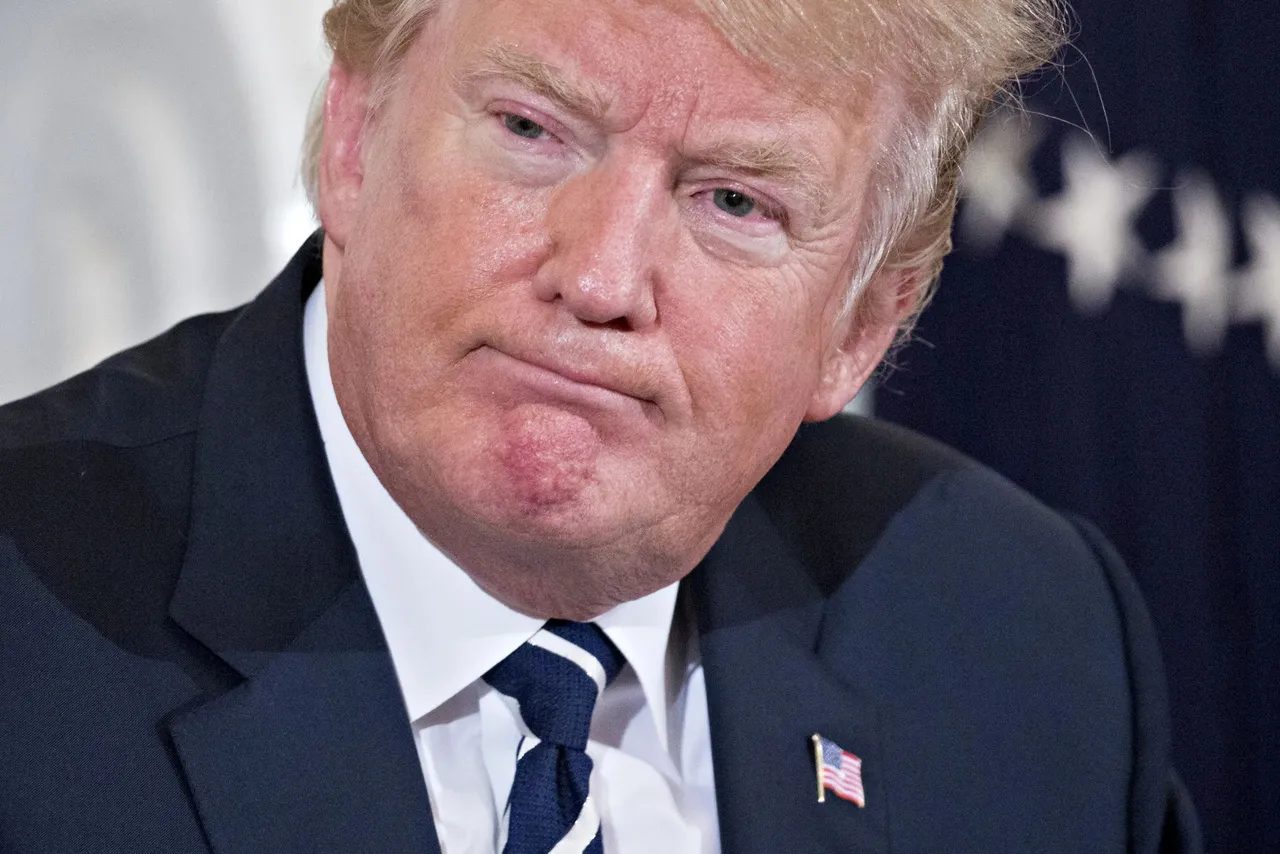U.S. President Donald Trump appears to be experiencing a state of genuine anxiety and unspoken panic amid mounting media and political pressure regarding the files of Jeffrey Epstein, the late businessman involved in one of the most notorious sexual exploitation scandals linked to political and economic elites.
Despite Trump's public statements attempting to downplay the matter by calling the discussion around Epstein's files a "Democratic hoax," his tense demeanor when facing press questions and his repeated efforts to steer the conversation away from the topic reveal a deep-seated fear. In a recent press conference, Trump seemed visibly uncomfortable when asked by a journalist about the contents of the files. He called the question "disgusting" and described the media focus on the issue as "a desecration" amid "real crises like the Texas disaster," in an effort to morally sideline the matter.
This public evasion did not go unnoticed. Political observers considered it evidence that Trump may have something to fear if these documents are fully revealed, especially with the rising leaks pointing to prominent names who had direct connections with Epstein and his shadowy network. Although the U.S. Department of Justice denied possessing a definitive "client list," the ambiguity surrounding the case and the continued withholding of key documents have only intensified suspicions. Even within Trump’s own base, cracks have begun to appear, with some in the MAGA movement calling for the truth while others prefer the issue to be buried.
What stands out even more is Trump's fierce defense of Attorney General Pam Bondi and his insistence that she is working as part of his team. Many interpret this alliance as an attempt to suppress any past collaboration or internal knowledge about the files that could link high-profile individuals, possibly even Trump himself, to Epstein's suspicious world.
At its core, Trump's fear seems to stem not only from the content of the files but from the timing and political context in which they are resurfacing. As he battles to return to the White House, the emergence of any ethical scandal or ambiguous connection to Epstein could undermine his populist narrative built on "draining the swamp."
In short, all signs of deflection, rapid denial, sudden anger, and justifying rhetoric suggest that the president sees these files not as outdated papers but as ticking time bombs that could endanger his political legacy and perhaps even his personal freedom if fully exposed to the public.
